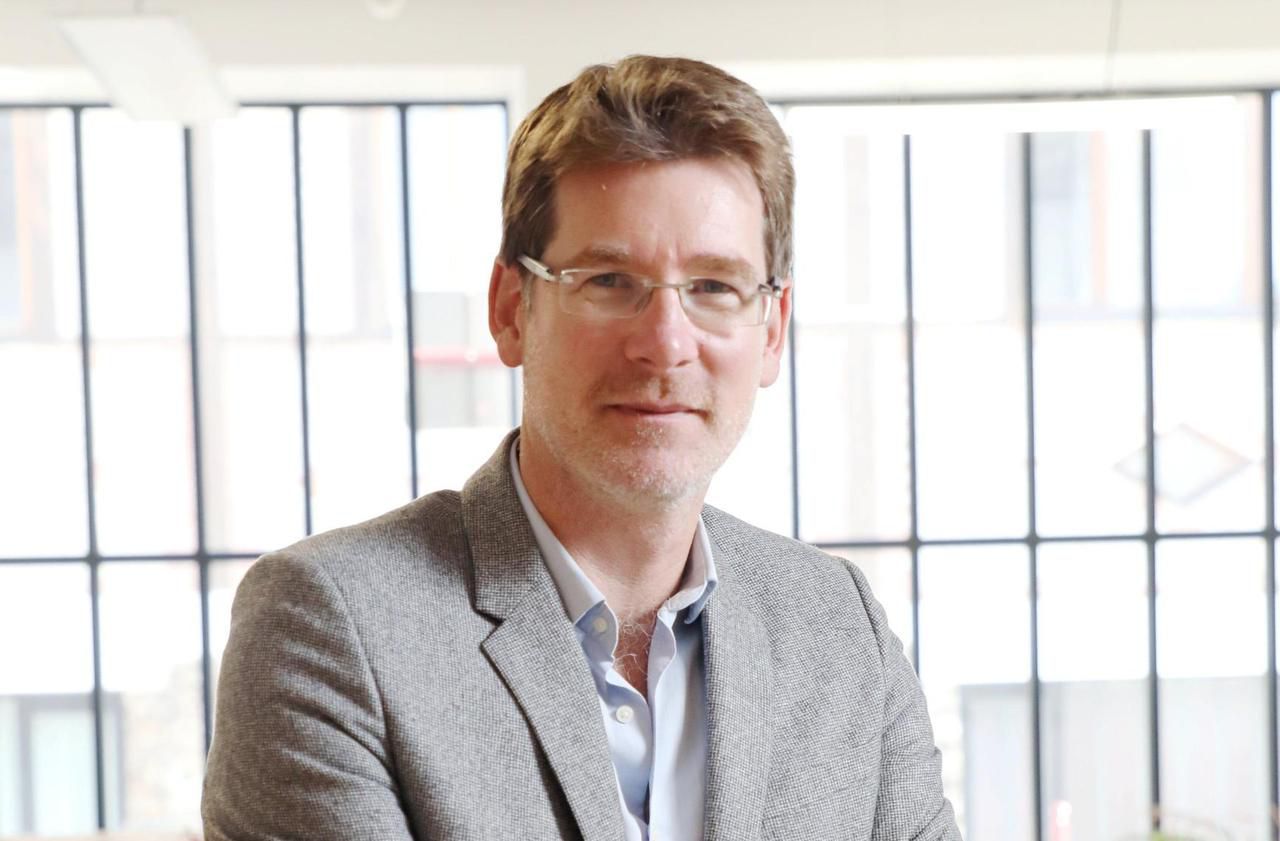On the one hand, elected green officials, certain members of the majority and environmental associations who have been crying scandal since the Assembly re-authorized Tuesday “bee-killing pesticides” under pressure from beet growers.
On the other hand, farmers who consider themselves victims of unfair competition with their European neighbors, not subject to the same prohibitions as in France.
At the heart of the battle in Brussels, the former director of WWF and current MEP (under the LREM label) Pascal Canfin believes that France wanted to "go too fast" in this matter but he recognizes that the evaluation system European level of the toxicity of these chemicals is lacking, making it impossible today to measure their real dangerousness in the fields.
To the chagrin of environmental associations, the National Assembly has given the green light to the temporary reintroduction of neonicotinoids under pressure from the beet industry.
It is a mistake ?
PASCAL CANFIN.
In France, on the one hand, we have civil society who believe that the government never does enough with pesticides and, on the other, farmers who believe that we always do too much.
I, who follow these debates at European level on a daily basis, can assure you that France is the most advanced country in this fight.
But we are so far ahead that when we take a step back, public opinion has the impression that it is a major setback.
However, France may have wanted to go too quickly and things are now turning against them.
That is to say ?
While Europe has decided to ban three categories of pesticides from the neonicotinoid family, Nicolas Hulot, when he was minister, chose to ban five.
This decision has been challenged in European justice by the tricolor beet growers who believe that France has gone beyond what European law provides.
The Court of Justice of the Union is due to rule this Thursday on this file and it is not impossible that France will be condemned to go back.
If this were the case, we will have to learn the lesson that we cannot go beyond European law on our own.
This puts our beet growers in a position of unfair competition with their European colleagues, in particular Belgium or Germany, who can themselves use more neonicotinoids.
But if France has decided to ban more pesticides than its neighbors, is it because it considers them dangerous?
Newsletter My Earth
Every week, the environmental news seen by Le Parisien
I'm registering
Your email address is collected by Le Parisien to enable you to receive our news and commercial offers.
Learn more
Yes and that is the crux of the matter.
Today, the European method for evaluating the toxicity of neonicotinoids is not the right one, because only the lethal impact of the pesticide in open fields is taken into account.
Basically, we look if the bee dies when we spray the product, but not if it is destabilized, that it can no longer find its hive for example and ends up dying a few hours later.
It's as if a driver was held responsible for an accident if he killed you instantly, but not responsible if you died the next day in hospital!
It is therefore far below what one should expect in terms of evaluating the toxicity of a plant protection product.
We absolutely have to change that.
What is France's position?
Since 2013, France has been campaigning to strengthen the assessment of the dangerousness of pesticides in order to precisely measure their direct lethal impact, but also indirect.
This is also what the European Food Safety Agency recommends.
But this method did not obtain the approval of the other Member States.
Suddenly, a certain number of countries support an alternative method: a theoretical evaluation model and no longer based on observations in the open field which would serve as a basis for evaluating the toxicity of products.
However, I learned at a meeting of the European Parliament's environment committee a few days ago that this model was co-financed by Syngenta, which is one of the main manufacturers of pesticides.
We are well beyond the red line.
What is the solution for you?
We must review the entire evaluation system that leads Europe to decide whether or not to place pesticides on the market.
Today, this type of decision is taken by a committee called ScoPAFF, which nobody has heard of and which brings together experts from the ministries of agriculture of EU member countries without any transparency.
In these meetings, the bees do not have a lobby to represent them, but it is very likely that the decisions made by this group of technicians will be largely influenced by that of the pesticide manufacturers.
It is the zero degree of what we owe to democracy.
It is unhealthy and it must stop.

